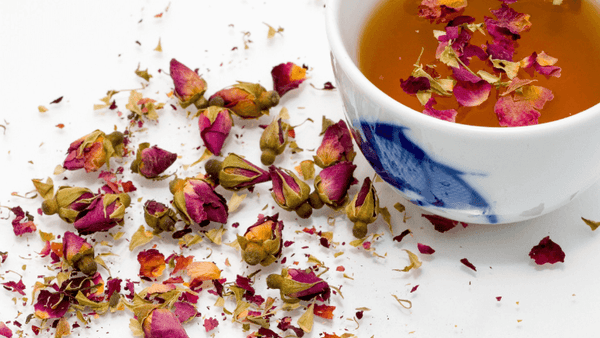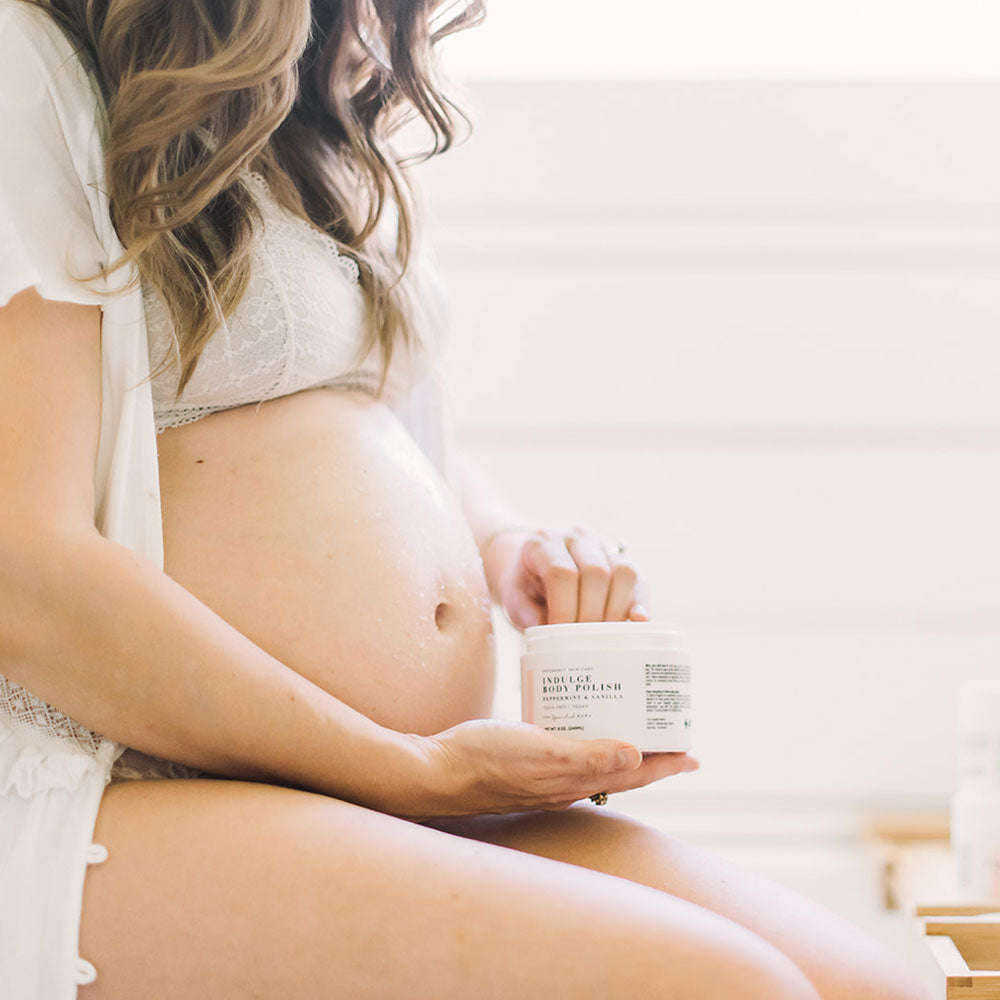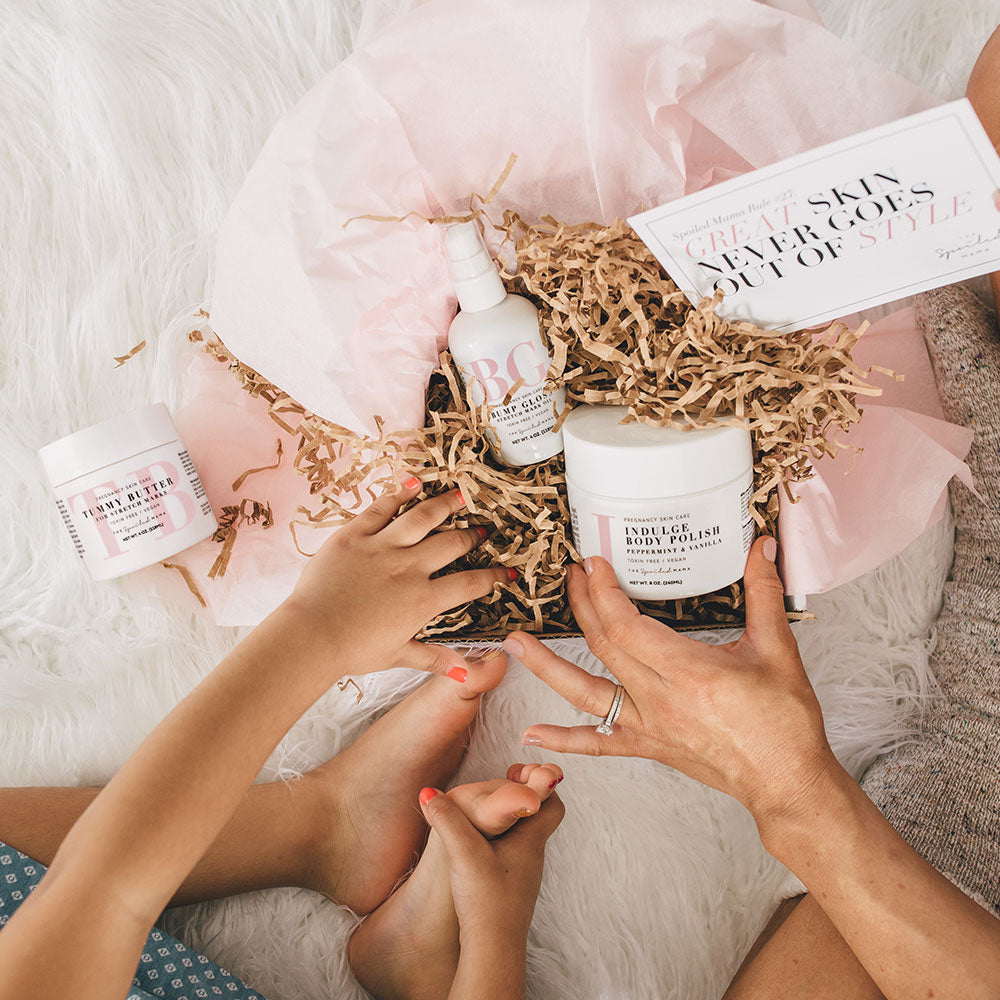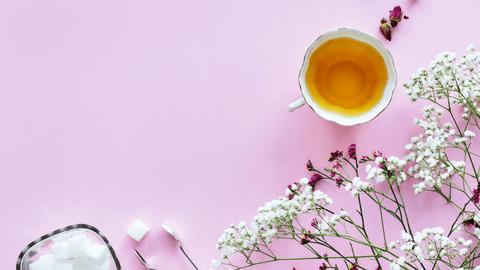Opinions expressed by The Spoiled Mama Contributors are their own.

We’ve all heard the concerns over drinking caffeine during pregnancy. Risks of miscarriage and low birth weight have led health experts to recommend no more than 200 mg of caffeine a day for pregnant women. Tea and coffee are staple drinks that women restrict during pregnancy for this reason. Known for lesser caffeine between the two after brewing, mother-to-be tends to choose tea. But there is another concern to be wary of fluoride in tea during pregnancy.
What is Fluoride?
Many of us associate fluoride with dental hygiene. A number of toothpaste brands boast the inclusion of fluoride in their products because of its ability to reduce tooth decay. This mineral that stems from the element fluorine can naturally be found in our soil. But, it has also been synthetically produced and added to public drinking water to promote dental health.
How Does Fluoride Make Its Way Into Tea?
Since fluoride is a naturally occurring mineral found in our soil, tea leaves are able to absorb fluoride during the growing process. Tea leaves are also grown in very acidic soil, presenting the opportunity for the plant to absorb heavy metals such as arsenic and lead. If tea is grown in organic soil, it will absorb naturally-occurring fluoride at much lower levels.
The amount of fluoride that can be found in tea is based on the maturity of the leaves. If the leaves are older, they’re likely to contain more fluoride.
What Are the Health Risks of Consuming Fluoride in Tea During Pregnancy?
Excessive fluoride intake is linked to a number of health problems that can arise if tea is a major staple in your diet. Skeletal fluorosis is one such risk that occurs when too much fluoride builds up in the bones and joints. Other health issues that fluoride may cause include reduced male fertility and cardiovascular problems.
Expectant mothers should consult with their OB about tea intake for their own safety and for the safety of their unborn child. In a recent study published in the journal Environmental Health Perspectives, researchers found that there is an association between prenatal fluoride exposure and lower cognitive function in children.
Furthermore, a 2014 review in The Lancet listed fluoride as a chemical known to damage a developing brain. Autism, learning disabilities, and ADHD have been linked to its exposure.
What Teas Can Contain Fluoride?
Popular teas including green, black, and oolong all contain varying levels of fluoride. The amount of fluoride present, however, is dependent on the maturity of the leaves. The older the leaves, the greater concentration of fluoride in tea. Below are the likely levels of fluoride in different types of tea based on maturity.
Green tea
- Mature leaves
- High fluoride content
- Mature leaves
- High fluoride content
- Mature leaves
- Medium/high fluoride content
- Combination of herbs
- Low fluoride content
*Although herbal tea is made from a collection of herbs rather than from the leaves of a single plant, it can still contain low levels of fluoride.
Tea During Pregnancy: How to Stay Safe
To help with pregnancy nausea, you may try to sip on a morning sickness tea that is prepared from organic and toxin-free herbs. Consider the type of tea you’re drinking and make the switch if it isn’t the safest. Make it a priority to also reach for certified organic tea that is grown in a clean environment. Non-organic teas may be exposed to industrial pollution and pesticide use that can negatively impact the quality and fluoride levels of the tea leaves.
Another factor to consider is loose leaf tea vs. tea bags. Loose leaf is a good indicator of high-quality tea, as tea bags generally contain leftover “fannings” and “dust” from quality tea production. To get the safest and highest quality, purchase loose leaf pregnancy tea or a organic tea to prep for labor rather than traditional tea bags.
Throughout your pregnancy, take the time to be mindful of the type and amount of tea you’re consuming. These small actions can do wonders for the health of your soon-to-be newborn baby in the months to come.










Leave a comment
All comments are moderated before being published.
This site is protected by hCaptcha and the hCaptcha Privacy Policy and Terms of Service apply.